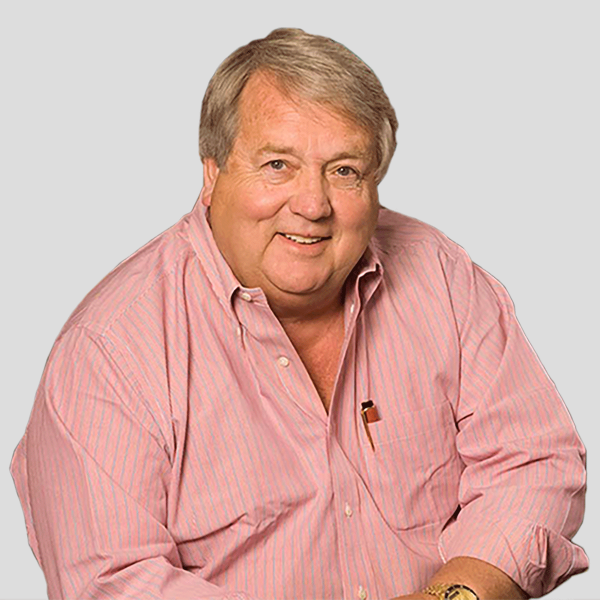
Melinda Ligos shared her report on the recent TED Conference held in Toronto on the future of business in the May 2015 Counselor Magazine.
If you’re anything like me, you’re constantly thinking about what the future holds and how it will affect your business. It’s not only important to understand trends and how to take advantage of upcoming garment decorating opportunities, you also need to understand the changes in how the younger generation approaches or sees your business. Whether you’re thinking about customers or team members, it has become very clear to me that “thinking young” is a key factor in sustaining the success of a business. This was underscored several times an article in the May 2015 Counselor Magazine, written by Melinda Ligos, (@ASI_melinda) which was a report from a recent TED Conference held in Vancouver.
There were many bits of wisdom shared. The one that caught my eye immediately was Melinda’s review of TED speaker Tony Fadell, CEO of Nest. (@tfadell) Here’s an excerpt from her article:
(excerpted from Counselor Magazine article by Melinda Ligos titled “Self-Driving Cars to Mars, Oh My!”)
“Think Young, Hire Young”
Want the key to designing and offering a product that people will use and seek out? “Think young,” said Tony Fadell, who created the iPod with Steve Jobs and now is the CEO of Nest, the company that created the “smart” thermostat for the home.In his TED talk, the product designer said that he and his employees fight every day against the tendency toward habituation – humans’ tendency toward getting used to everyday patterns or behaviors, even if they aren’t useful. One example: We get used to peeling off the annoying stickers on fruit like bananas so much that it’s become second nature. We may not like peeling off the stickers, but we’ve become resigned to doing so.
Fadell said the trick for product designers is to try to view their product every day “for the first time,” so that they can uncover invisible problems and solve them. He offered up a few tips to try to avoid habituation.
First, focus on the details. When he first created Nest, Fadell said, he and his team members literally spent months agonizing over designing a tiny, custom-made screw that would make installing the home thermostat much easier. Though this process took a long time, he said, the result was met with rave reviews by users.
Next, add younger staff members to your company and let the youthful approach permeate your organization. Fadell said young people (his own kids included) often ask questions that adults would never dream of, like “Why doesn’t the mailbox just check itself and tell us when it has mail?”
Young people, he said, are less exposed to everyday problems, so they often think more creatively. “Have people with young minds on your team,” he said, and hire as many young people as you can. “We all saw the world more clearly before habits got in the way,” he said.
So whether you have “young minds” on your team or not, you can still ask the young people in your life their opinions about problems or products that you have. Keep an open mind. And when they give you answers you might not like, or that would require significant changes in the way you do business, it’s probably a good idea to take them seriously.


